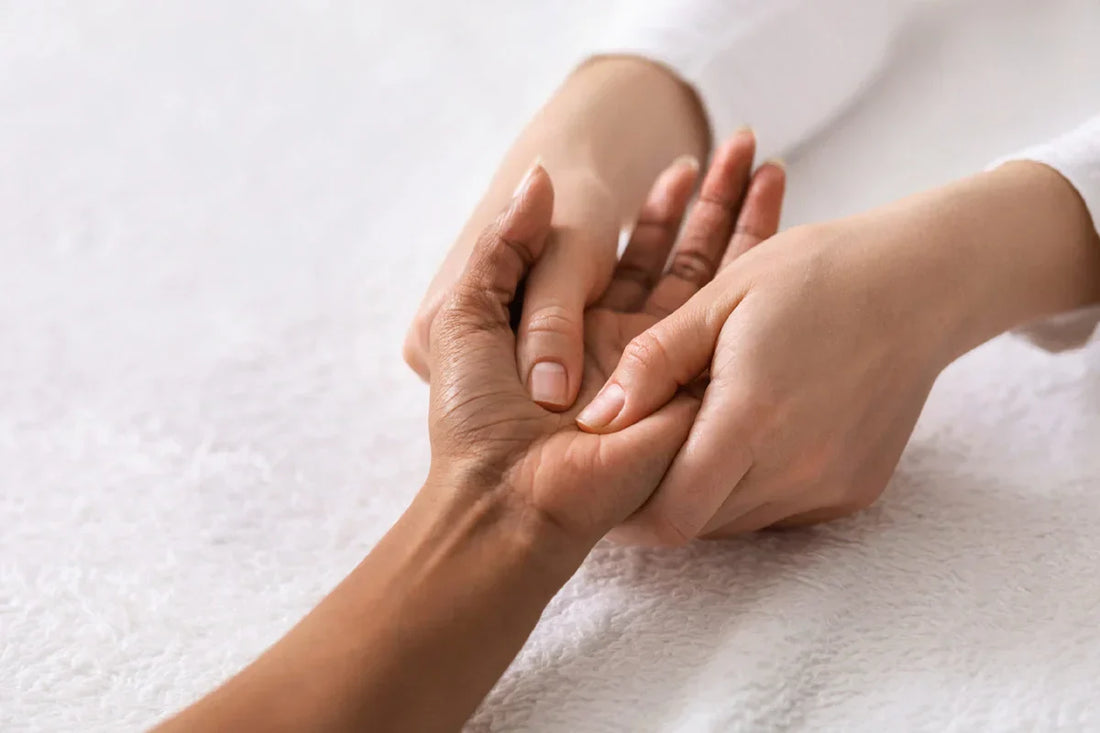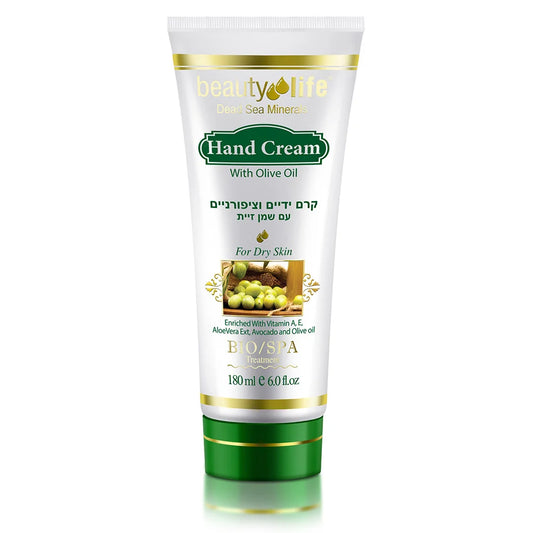We use our hands every day to touch and manipulate objects. The skin on our hands differs greatly from that on other parts of the body:
The skin of the palms and fingertips has a thick, firm stratum corneum, is rich in adipose and connective tissue, and is well covered with pressure-resistant tissue. The skin of the palms and fingertips is hairless and free of sebaceous glands, contains a high concentration of sweat glands, and is often deficient in natural moisturizing factors.
The skin on the back of the hand contains almost no adipose tissue, is very thin, and contains fine hairs.
Because the skin on the palms of the hands is different from that on the back of the hands, the overall formation of the hydrolipidic layer (the emulsion of fat and water that covers the outside of the skin) is weak. As a result, our hands dry out quickly when subjected to excessive stress.
Without realizing it, we often do a lot with our hands. During a workday at home, in the office, or in the garden, they are often exposed to external factors that dry out the skin. This can be due to excessive contact with water, but also to exposure to chemicals and temperature changes. This quickly overloads the skin's natural protective and repair systems, which can damage the skin's barrier function, leading to dry skin and possible skin conditions such as eczema and chapped skin.
How can you prevent your hands from drying out?
- When washing your hands, use warm or cold water to reduce skin dryness.
- Use a mild, gentle soap when your hands are very dirty. Otherwise, brush them with a soft hand brush. With many hand soaps, you remove lipids from your own skin, which causes your skin to dry out more quickly.
- Treat your hands regularly with a nourishing hand cream to prevent skin damage, dryness, and cracking, which can more quickly lead to problems like contact eczema due to irritation and persistent chapping. Be sure to do this after every wash.
- Avoid hand dryers.
- Wear gloves for housework, gardening, and irritations.
- Wear gloves during the winter months.






